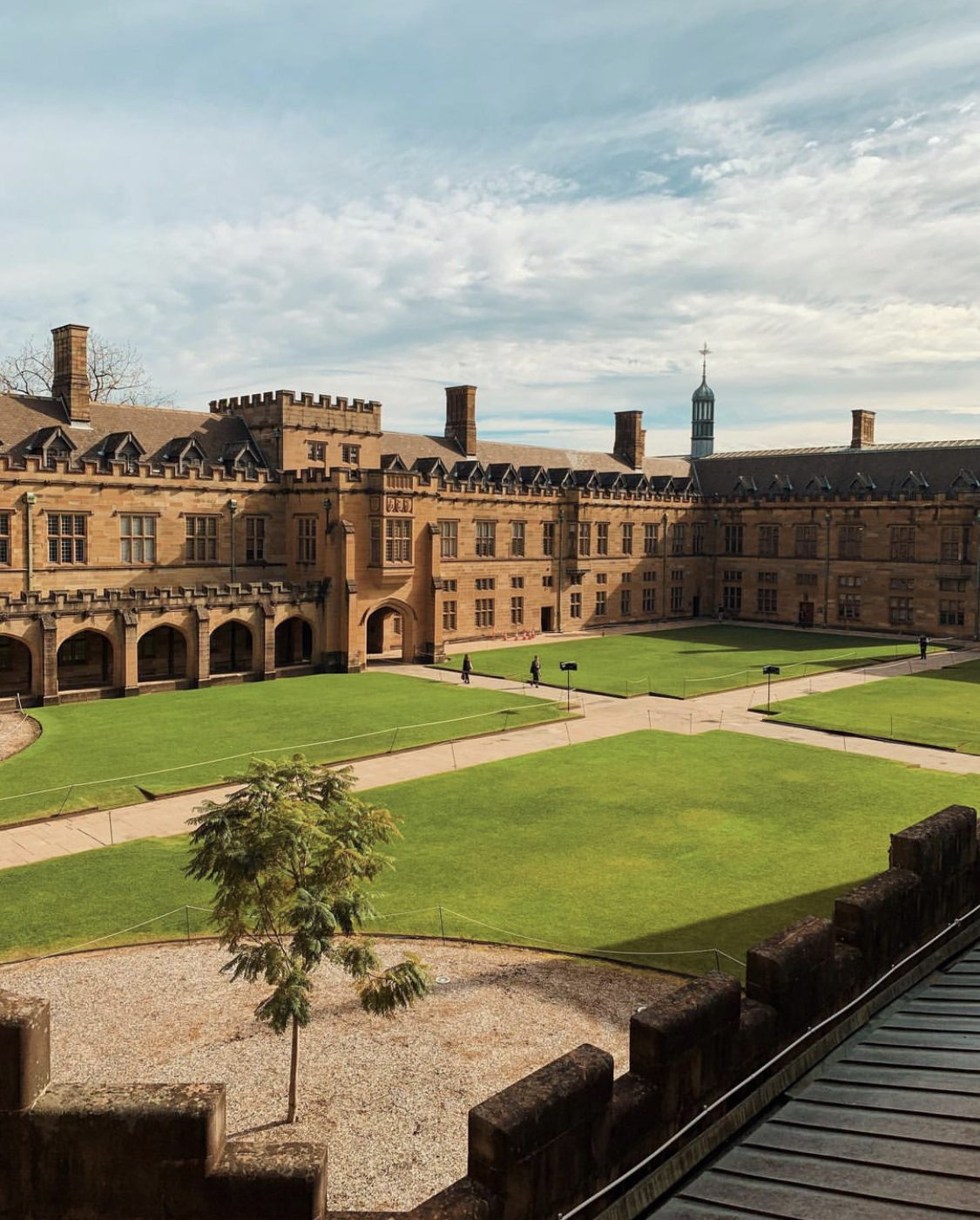NHMRC success for University of Sydney researchers
More than $18 million has been awarded by the National Health and Medical Research Council (NHMRC) for 21 health and medical research projects.
Investigating a new combination of drugs to treat an incurable form of brain cancer and exploring how to prevent acute pain transitioning into chronic pain are two projects funded through the latest round of NHMRC Ideas Grants.
Deputy Vice-Chancellor (Research), Professor Duncan Ivison welcomed the funding announcement which highlights the quality and diversity of health and medical research being conducted at the University.
“We’re very proud of those researchers who were successful in this highly competitive round and are committed to supporting those who are planning to submit applications for future rounds,” said Professor Ivison.
“From improving kidney transplant outcomes to research into sudden cardiac death, these grants will help our researchers conduct world-leading research which has the potential to improve the quality of life and health of many.”
Ideas Grants support researchers at all career stages who undertake innovative and creative research projects in any area of health and medical research from discovery to implementation.
Highlights of grants awarded to Sydney researchers in this round include:
Professor Luke Henderson and his team have been awarded $2.9 million for research into chronic pain. They hope to further our understanding of the physiological processes of how acute pain transitions into chronic pain enabling them to design ways to prevent or treat chronic pain following nerve injury.
Associate Professor Elena Bagley and her team have been awarded $1.3 million to investigate endogenous opioid actions in our brains. They aim to determine how we can enhance endogenous opioid regulation of the neural function and behaviours important in pain and related anxiety disorders.
Dr Markus Hofer and his team have been awarded $1.2 million to investigate the cellular mechanisms of cerebral interferonopathies and identify novel treatment targets for patients.
Professor Christopher Semsarian and his team have been awarded $1.1 million to research sudden cardiac death. They plan to investigate the potential role of concealed cardiomyopathy cases, cases where individuals have sudden cardiac death or who have survived with no evidence of heart disease but who carry errors in heart genes.
Associate Professor Lenka Munoz and her team have been awarded $1 million for research into glioblastoma, an incurable form of brain cancer. Their project will examine a novel drug combination treatment for glioblastoma which could lead to a novel therapy that significantly extends the life of patients.
A full list of research projects administered by the University which received funding can be found on the NHMRC website.

